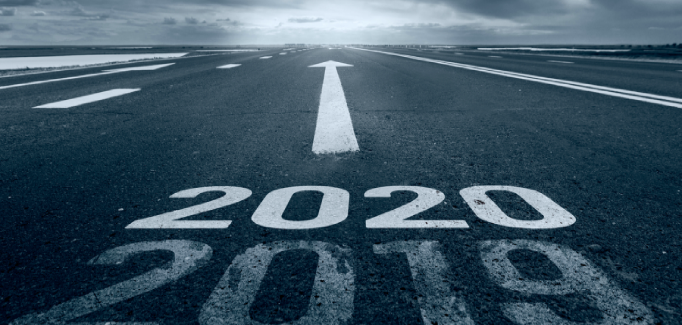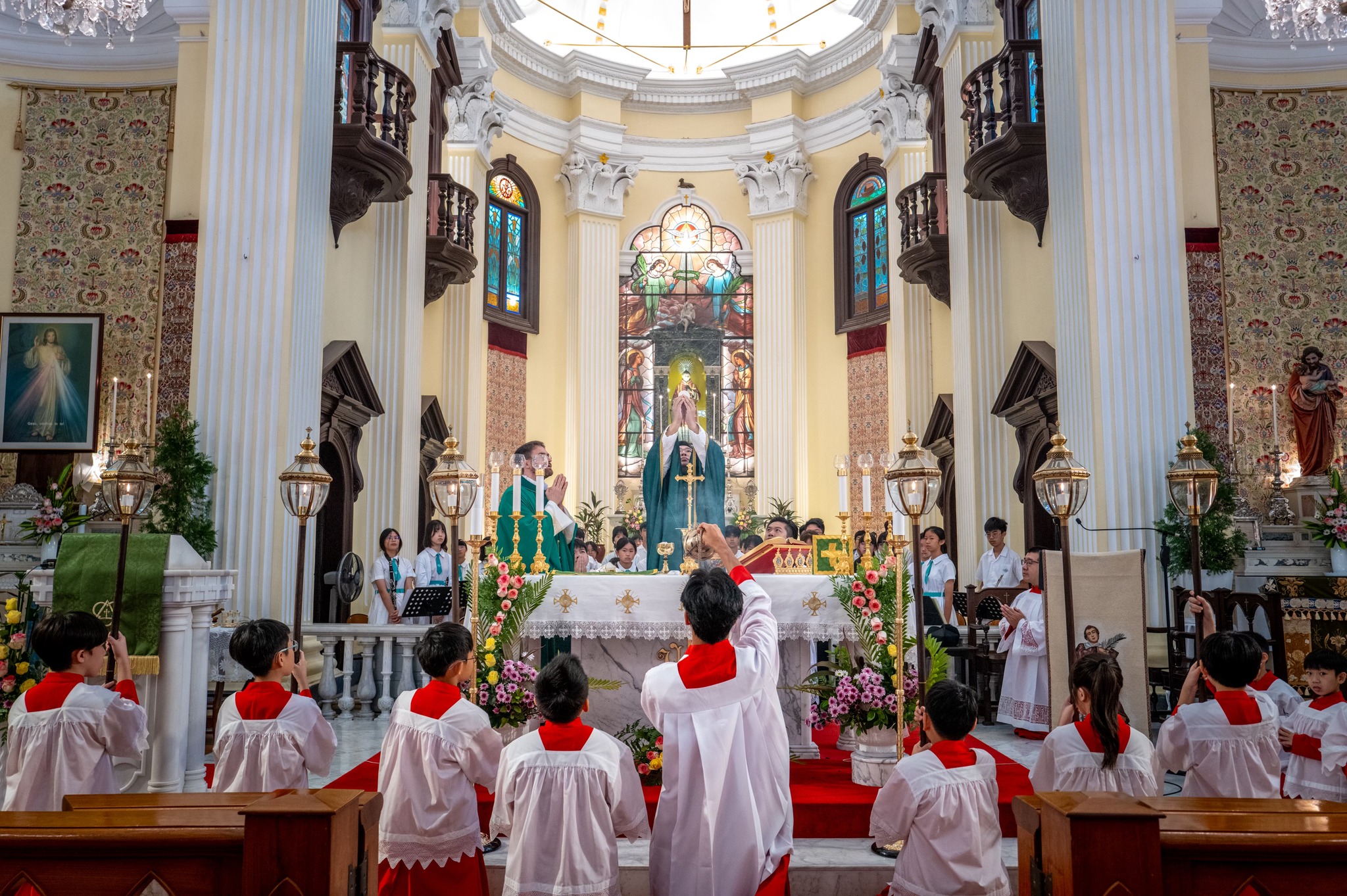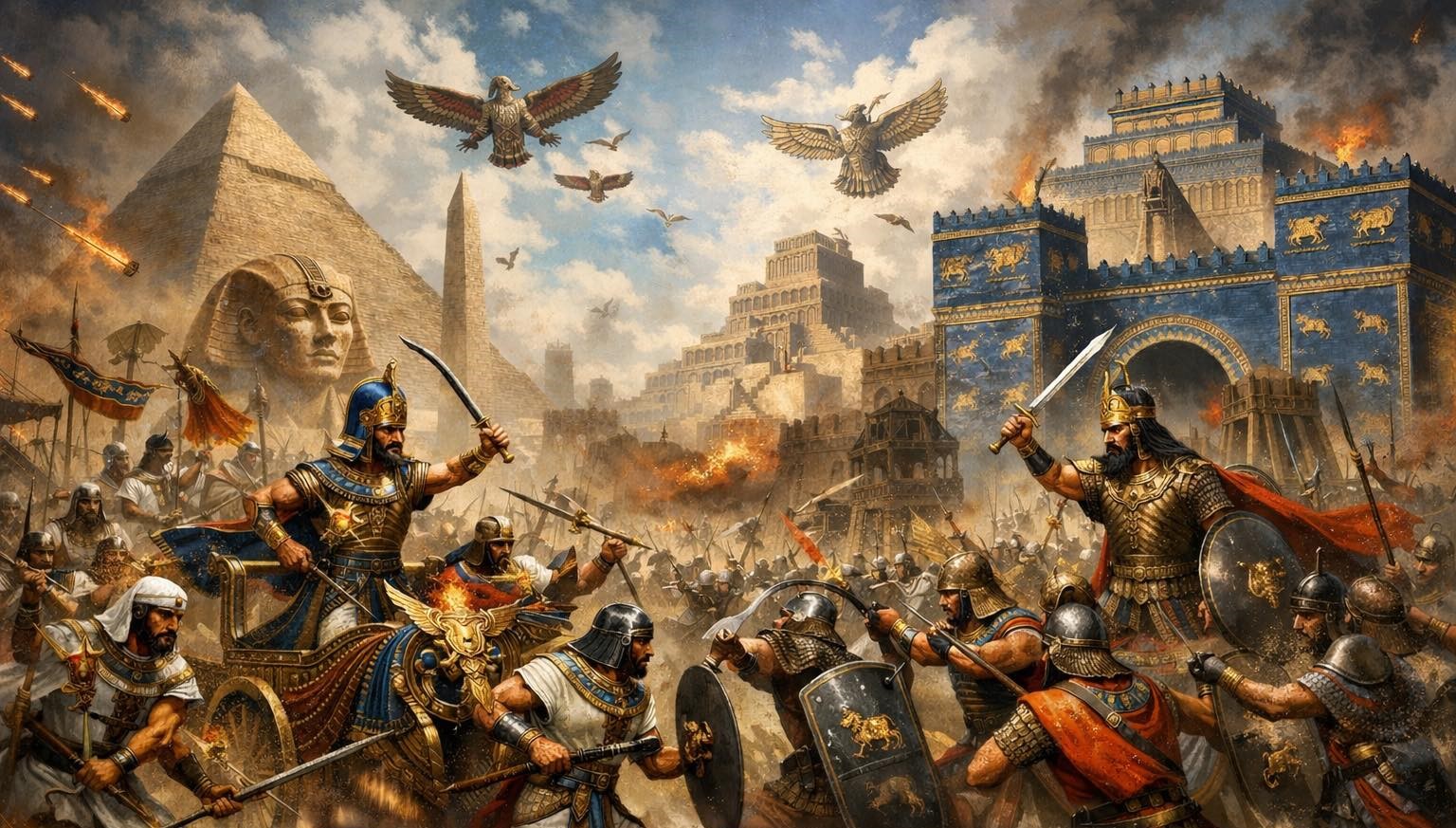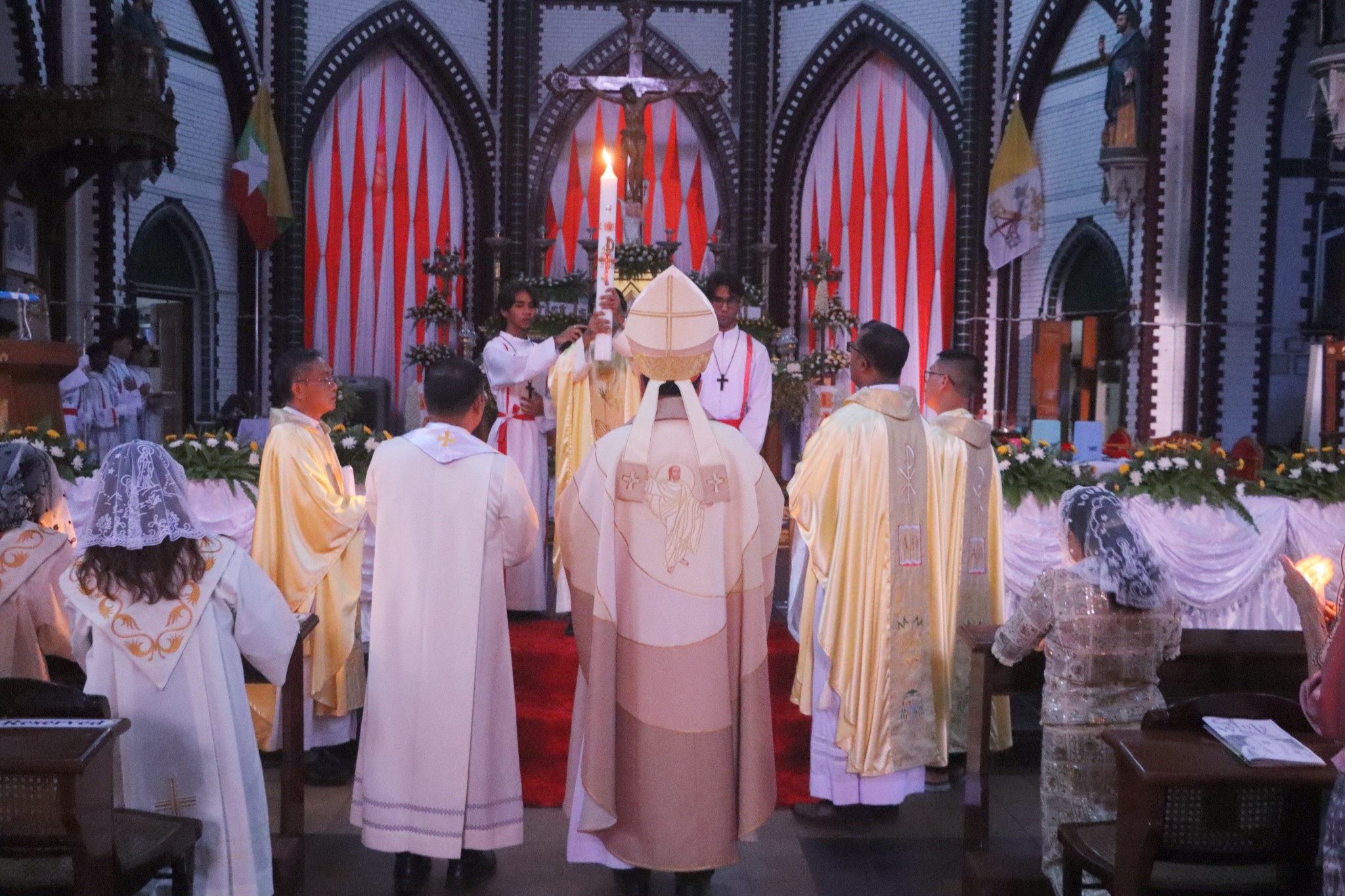– Carlos M Frota
Hope is the last thing to die…isn’t it? But hope…what a challenge! Every new year begins with big hopes, good dreams, high expectations, in our personal as well as our community lives. But nowadays also, more and more, with big concerns.
**********
“Hope” is a big challenge and it was again at the heart of Pope Francis’ latest World Day of Peace message, which opens with the statement: “Peace is a great and precious value, the object of our hope and the aspiration of the entire human family.” Hope, writes the Pope, is “the virtue that inspires us and keeps us moving forward, even when obstacles seem insurmountable.”
Pope Francis acknowledges how “the terrible trials of internal and international conflicts, often aggravated by ruthless acts of violence, have an enduring effect on the body and soul of humanity.”
“Mistrust and fear weaken relationships and increase the risk of violence, creating a vicious circle that can never lead to a relationship of peace,” the Pontiff adds.
On the other hand, writes Pope Francis, “Peace emerges from the depths of the human heart and political will must always be renewed, so that new ways can be found to reconcile and unite individuals and communities.” That journey of reconciliation “calls for patience and trust,” says the Pope. “Peace will not be obtained unless it is hoped for.”
Finally, Pope Francis refers to the recent Synod on the Pan-Amazon Region. “Faced with the consequences of our hostility towards others, our lack of respect for our common home or our abusive exploitation of natural resources, we are in need of an ecological conversion,” he writes, one that will “lead us to a new way of looking at life.”
The Pope concludes with a renewed call “for a peaceful relationship between communities and the land, between present and past, between experience…and hope.”
**********
What is the context in which Pope Francis talks about the big challenge of hope? It’s well known: our globe seems more fragile, not only because of the almost insurmountable questions of climate change, but also because of how vulnerable we feel when we look at the precarious peaceful coexistence among some nations and the lack of trust in the future, marking with a very pessimistic tone both political discourse as well as public conversation.
Globally speaking, the heavy legacy of 2019 will dominate 2020. The same issues the international community was dealing with in the previous year subsided. The same shortcomings in international solutions and then in international responses.
Poor by … fate?
Some days ago I read an article about the prevailing situation in Africa concerning the main issues related to underdevelopment, which is quite disturbing but at the same time quite illustrative of the crude reality we are continuing to live in: “Africa, terrorism, Ebola and hunger.”
The three ingredients of unhappiness, of human degradation, in other words: violence, disease and extreme poverty. All of them targets of the UN Sustainable Development Goals until 2030, clearly in jeopardy by the increasing effect of wars and political conflict with their multiple consequences throughout the planet. Having Africa again as one of the main stages of the drama, not forgetting of course what is going on in the Middle East and elsewhere .
Terrorism? Many analysts consider that fighters from extremist groups of the Middle East are involved in the African “armies” of the Caliphate advocates, creating more instability in the Sahel and in countries neighboring this vast area.
How to eradicate this growing danger for populations and governments alike? A very big question, of course, which answer depends on the willingness to tackle complex issues like local causes of poverty and international cooperation for militarily neutralize those groups.
Ebola? The topic is well known: how to fight contagious diseases threatening entire countries or regions? How to find resources and to implement good strategies?
Hunger? A shameful reality coming from the previous years and decades. In a world affluent in so many regions, and so successful in combating underdevelopment (China is the best example of remarkable victories), we continue to face the persistent problem of hunger in the traditional spots of the big South!
Oil, God and greed
The Middle East again…and again. The traditional rivalry between the two branches of the Muslim community is exploited and aggravated by foreign protection of “friends” of both sides.
America and Russia both created in the region an extra stage for their new Cold War. Russia as the new emerging great power, convalescing from years of irrelevance after 1991. And even if the Americans are less dependent on oil from this area, their degree of interference in regional dynamics is an increasing destabilizing factor, as the recent developments (the crisis on the Iranian nuclear agreement) prove so obviously. In this context, it continues to prevail the old pattern, from both sides, of taking advantage of divisions and hatred coming from the past, than trying to promote peace and reconciliation among Sunnis and Shias. For many people, hatred and revenge are much more profitable commodities than peace and reconciliation!
Refugees, pariahs or simply poor?
Another tremendous issue is the growing number of refugees worldwide. “As a new decade dawns, with some 71 million people uprooted from their homes globally – inside and outside their countries, it’s time to reboot our responses. We need a sweeping vision, to inspire and engage people and institutions across society – a broad alliance of governments, the aid community, businesses, development institutions, civil society, faith groups, academia, sports and the arts, and refugees themselves. We represent that very alliance. We need a smart, comprehensive plan, with global reach. And as of a year ago, we have one.”
These are words of the UN High Commissioner for Refugees in the recent Global Refugee Forum.
Stateless, the new poor. Or, better, the innocent victims of all wars are the new poor growing the crowd of the other, traditional poor. Imagine a nation of more than seventy million people (the size of UK or France , more or less) without a territory. without a government, without basic facilities, basic services, proper housing, without ….protection.
How to overcome the indifference vis a vis these millions of people that suddenly lost their countries and their hopes in a normal life?
**********
Pope Francis and the Secretary General of the United Nations Antonio Guterres met recently in the Vatican and sent a common message of hope to the world, appealing for peace and dialogue in the zones of conflict.
They are important international players in the effort of overcoming indifference on issues such as climate change, denuclearization and refugees. But they are the only players and they are not the more decisive players. Great powers have this role.
Our hope lays then in the total commitment of persons of good will but mainly in visionary leaders that can see the future beyond the current international situation .


 Follow
Follow


